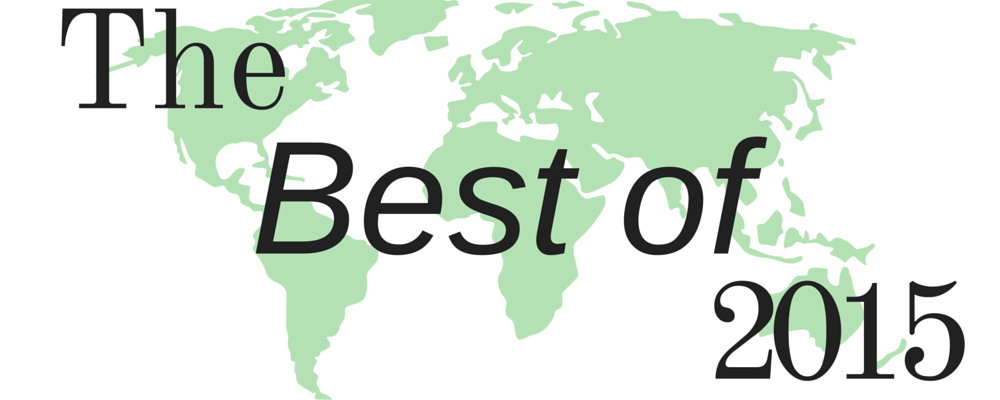
India’s Iran opportunity by Mohandas Pai and Manjeet Kripalani
Iran has emerged on to the world stage after 36 years of isolation. India must double up its diplomacy and commercial engagement with Iran, and move boldly beyond the curtain of ‘civilisational’ ties. Time to put that natural advantage to good commercial use through a vigorous private sector engagement with Tehran.
Modi 365: Repositioning India globally by Ambassador Neelam Deo
On the occasion of the BJP government’s one-year anniversary, Neelam Deo, director, Gateway House, delivered a series of lectures across the U.S., analysing Modi’s foreign policy. His energetic style, she said, has created several milestones—including a revival of relations with the U.S. and Russia, and a new approach to China and to India’s neighbourhood—that can cumulatively transform India’s growth trajectory.
Quiet burial for the nuclear deal? by Amit Bhandari
Solar power developers have offered to sell electricity in India at less than Rs 5/unit. This makes solar competitive with traditional forms of energy, and makes new nuclear power plants financially unviable. India must register the changed reality, and discard the idea of expensive Western reactors. Time to scrap the India-U.S. nuclear deal?
From GST to TPP by Anoop Singh
External integration—which the Trans Pacific Partnership and the Regional Comprehensive Economic Partnership will generate—has policy implications that India must manage well and quickly. As a first step, India can introduce the GST, among other measures, in order to become a more unified domestic economy.
Defence and India’s private sector by Sameer Patil
Rapidly evolving security threats in India’s neighbourhood and a number of accidents means it is critical for India to invest in the modernisation as well as the indigenisation of India’s rapidly obsolescing defence equipment. This policy perspective provides recommendations on what role Indian private sector can play in the modernisation of India’s defence sector.
TPP & ISDS: new tests for India by Rajrishi Singhal
The U.S.-driven Trans Pacific Partnership agreement between 12 countries, which is aiming to become the new standard of world trade, impacts domestic systems globally. For India, it will skew investment and intellectual property rights, and especially the debate over the Investor State Dispute System which allows companies to challenge sovereign rights and public policy.
Cop-out at COP21 by Rajni Bakshi
COP21 is a reality check for those who like to believe that geopolitical power is shifting from West to East. The just-concluded Paris Climate Summit was essentially about the early-to-develop Western powers continuing to exercise almost complete control over global governance structures, largely through the dominance of markets.
Reconfiguring the role of business in G20 by Akshay Mathur
The B20 forum has become an important advisor to the G20, bridging the gap between business and foreign policy. Its effectiveness will depend on whether it can emerge as a solutions provider for the G20 and not just an advocacy forum. Indian business can play a vital role in shaping this mandate.
Will Modi actualise the India-U.S. dream? by Nish Acharya
On his second trip to the U.S. next week, Modi will meet Obama to discuss various issues, including climate change and the civil nuclear deal; he will also visit Silicon Valley to explore innovation and social enterprise. But beyond the promises of this agenda, both sides must now devise deliverables that make the bilateral dream a reality.
Ottoman ship Ertugrul’s Bombay linkages by Sifra Lentin
The Turkish naval ship TCG Gediz was in Mumbai recently, retracing the Ottoman frigate Ertuğrul’s 126-year-old voyage, when it stopped here while on its way from Istanbul to Yokohoma. To commemorate this anniversary, the Consulate of Turkey in Mumbai and Gateway House jointly hosted a lecture by Sifra Lentin on the significance of this historic passage.

